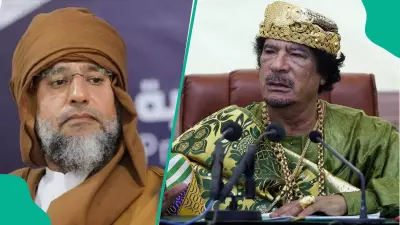
In a bold diplomatic move, Nigeria's Minister of Aviation and Aerospace Development, Festus Keyamo, has penned a detailed letter to former United States President Donald Trump, strongly refuting claims of systematic killings of Christians in Nigeria that have circulated in international circles.
Setting the Record Straight
The minister's correspondence comes as a direct response to concerning statements suggesting widespread religious persecution against Christians in Africa's most populous nation. Keyamo, serving as both a government official and senior advocate of Nigeria, provided a comprehensive rebuttal to these allegations.
Government's Stance on Religious Freedom
In his carefully crafted letter, Keyamo emphasized that Nigeria operates as a secular state where religious freedom is constitutionally guaranteed. He highlighted that the current administration under President Muhammadu Buhari has consistently worked to protect all citizens regardless of their faith.
Addressing Security Challenges
The minister acknowledged that Nigeria faces security challenges from various non-state actors, but stressed that these threats affect citizens across religious divides. He clarified that the government's security apparatus treats all threats equally and works diligently to protect every Nigerian.
International Relations Context
This communication represents a significant effort by the Nigerian government to correct what it perceives as misinformation that could damage the country's international reputation and bilateral relationships. The timing of the letter suggests proactive engagement with international stakeholders ahead of potential policy discussions.
Legal and Diplomatic Implications
As a senior legal practitioner, Keyamo brought his expertise to bear in the correspondence, presenting factual counterarguments to the allegations while maintaining diplomatic decorum. The letter serves both as an official position statement and a legal rebuttal to the circulating claims.
The development underscores Nigeria's commitment to engaging with international partners while firmly addressing misconceptions about the country's religious landscape and security situation.





